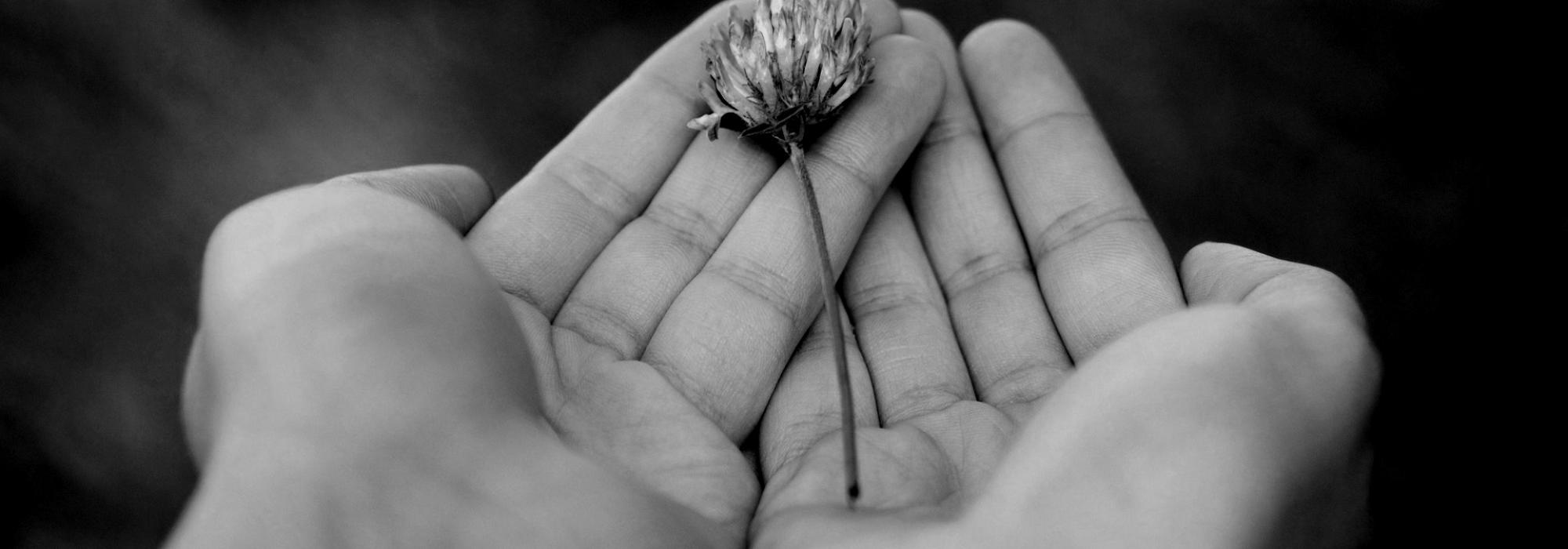In the Bhagavata Purana, there is the moving episode of Kuchela’s visit to Krishna’s palace. Kuchela and Krishna were classmates in the gurukula of Sandipani. Kuchela leads an impoverished life while Krishna is a king. Kuchela visits his old friend with a view to ask him for help but when he actually meets him, he is unable to bring himself to ask for a favor.
Krishna gives so much to Kuchela without expecting anything in return. He feels that it is his duty as someone who is well-endowed to give something to a friend who is suffering with poverty. Yet, he doesn’t give him anything directly. He doesn’t want to embarrass his friend by bailing him out. He does it silently and without any fuss. He doesn’t put Kuchela in an uncomfortable position. Kuchela was never asked any favors in return. Krishna’s magnanimity was unparalleled (BP 10.80).
Compare this with the way Duryodhana helped Karna. When he first saw Karna’s prowess, Duryodhana instantly recognized that such a brave warrior will come in handy. Then he made a big show of offering the kingdom of Anga to Karna, a place that Karna possibly never visited in his life. After that, Karna is practically a servant to Duryodhana. Although it is given an honorable title of 'friendship,' Karna behaves more like a stooge or a slave than a friend. He never tells Duryodhana when he is making a mistake. He never reasons with him. He blindly supports him. If one is charitable, he would call Karna a bhakta of Duryodhana. For whatever Duryodhana gave Karna, he got back so much more in return; it was a great investment.
Another interesting episode from the Mahabharata that provides a contrast is the story of the relationship between Drupada and Drona, who were childhood friends. While they were students, Drupada made grand promises to Drona. After many years, when Drona was suffering from abject poverty, without any other options left, he went to the kingdom of Drupada. Instead of helping his old friend, Drupada tells Drona that friendship can only exist between equals. In the old days, they were both of the same stature so their friendship was valid but now that Drupada was a king and Drona was a mendicant, their friendship had no meaning. This response irks Drona to the extent that the guru-dakshina (fee given to the teacher) he seeks from the Pandavas is the capture of Drupada. The best of friends end up becoming the worst of enemies.
In the Gita, Krishna explains the right way to offer a gift: “Giving with the feeling that it is one’s duty to give, without expectation of anything in return, and offering it at the right place and at the right time to a worthy person, who cannot make any favor in return” (BG 17.20). This is the way he has offered gifts too.
In the Mahabharata, there is a tricky moment when Arjuna and Duryodhana visited Krishna, seeking his assistance in the impending war. Krishna made both of them happy. To one he offered himself but promised not to lift any weapons. To the other, he gave his entire Narayani army. He nurtured this army over years but just gave it off to someone he particularly didn’t care about – Duryodhana – merely because he came as a seeker (MB 5.7).
After giving off his massive army, not once did he think about it or regret his decision. And even with the Pandavas, whom he helped win the war, he never asked for any special favors or an exalted position.
When we see his action in the light of the philosophy of nirlepa karma that he expounds in the Gita – focus on work and not on possible outcomes; work for the welfare of the world (see for example, BG 2.47-48, 2.50, 3.20, etc.) In Krishna’s life, karma becomes yoga, thus his every action is nirlepa karma. He is at once a yogi and a sanyasi.
To be continued...














































